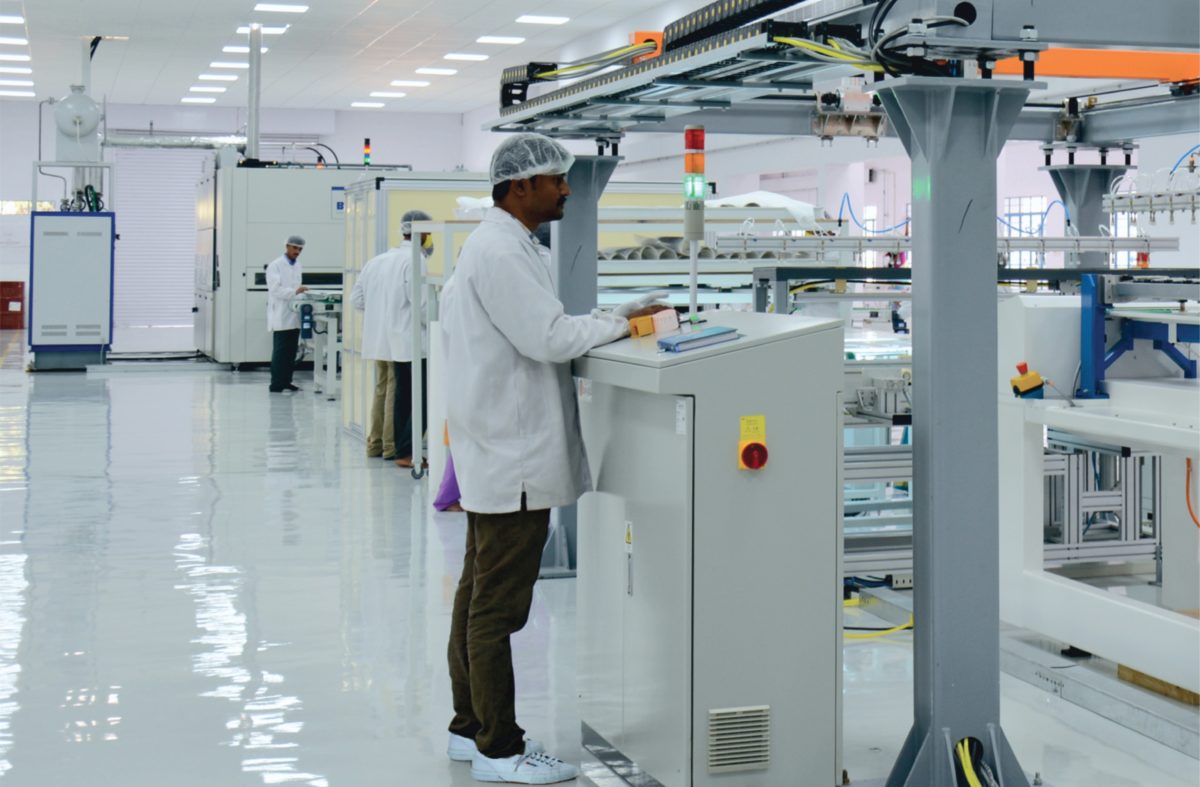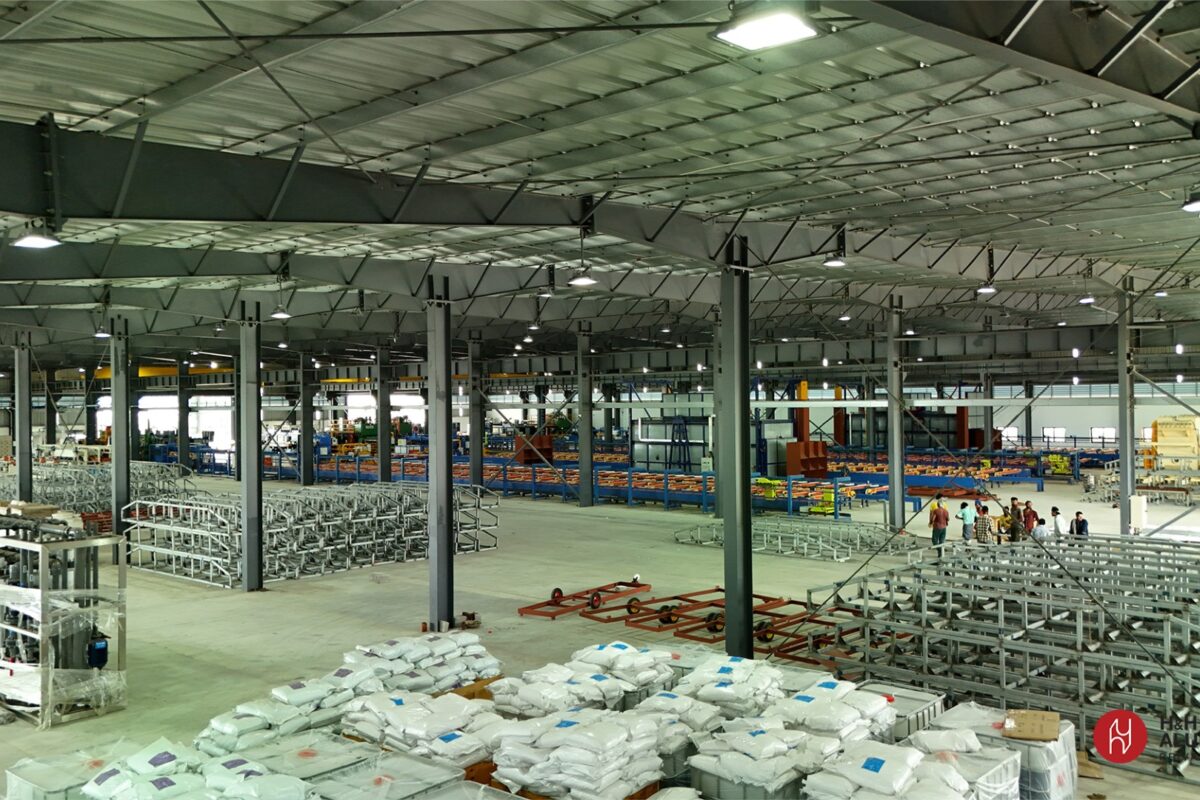In June, the Solar Energy Corporation of India (SECI) invited bids to establish 2 GW of annual PV manufacturing capacity in the country by offering the incentive of 6 GW of solar project capacity.
Under the terms of the procurement, successful bidders will secure 3 MW of generation capacity – including power purchase agreements – for every megawatt of solar production capacity they commit to establish.
The exercise attracted global interest but critics say it lacked clarity on certain issues and SECI has now extended the deadline for bids to enable it to make changes to the tender rules after developer feedback.
“We are very keen to participate in this tender,” said a spokesperson for Indian PV developer ReNew Power. “However, there are certain issues like manufacturing plants’ commercial operation date delay [penalties]; part commissioning [of] manufacturing capacity; and power evacuation [plans] that require more clarity. We have made some suggestions and requested SECI to make these changes in the RfS [request for selection tender] document.”
SECI has not confirmed which of the suggestions made by developers will be incorporated into the revised tender.
Manufacturing get-out clause
ReNew Power asked for power purchase agreements (PPAs) to be honored even if bidders fail to produce the manufacturing facilities they commit to and also suggested bidders be given three years, rather than two, to commission factories after the date any PPA starts.
Criticizing the 24-month factory commissioning timeline as too short, ReNew Power said: “The initial 12-15 months will go towards meeting respective state authorities [and] discussing the incentive and facilities offered, and also on [producing a] detailed project report, land acquisition, permits and approvals only after selection of [a] state.”
Referring to the classification of solar manufacturing as a polluting industry, the developer’s statement to SECI added: “With cell manufacturing coming under [the] red category within environmental clearance, it would take at least 12 months to complete the clearance process, post acquisition of land. Hence the actual construction can start only after 24-27 months. The project construction will in itself take at least 9-12 months, followed by [a] commissioning period of three months.”
Cap on bidder capacity
Another concern centers on the penalty regime for delayed commissioning of solar manufacturing facilities. The maximum penalty that could be imposed under the tender rules is Rs900-1,000 crore, around 50% more than the cost of the cell and module production lines themselves.
Developers have also asked SECI to extend the commissioning period for setting up solar generation capacity to at least four years; to exempt the projects concerned from interstate transmission charges; and to provide clarity on evacuation networks, particularly in high solar insolation areas such as Rajasthan and Gujarat.
A cap on the amount of solar generation and manufacturing capacity each bidder can apply for has also been suggested.
This content is protected by copyright and may not be reused. If you want to cooperate with us and would like to reuse some of our content, please contact: editors@pv-magazine.com.









Bidding Gigawatt scale tenders combined with manufacturing capacity will be a futile exercise and will not have response with existing reference terms in the tender – Repeated extension and no bid situation will prevail further due to following
1. There has been no pilot demonstration project even at MW scale for cost economic viability
2. The bench mark tariff fixed by MOP is not viable – This tariff should be left to market. The economics of bench mark tariff need through review by CERC following a public hearing process prescribed in EA 2003
3. There should not be any cap on bidding
4. The time lines are not practical for setting a manufacturing facility and to set up the PV generation plant looking to the prevailing rules for land acquisition, its conversion and development and getting grid connection for the power evacuation.
5. The financial institutions are not comfortable for the techno economic feasibility
6. The entrepreneurs under MAKE IN INDIA flagship intending to enter market and bid can not afford to participate as he will fail to pre – qualify
There is no evidence of successful example world over on this concept and developers will hesitate to take investment decision.
I suggest to achieve success – A Swiss Challenge method of bidding which is often used in public projects, in which an interested party initiates a proposal with defined concept and scope for a contract or the bid for a project. The government then puts the details of the project out in the public and invites proposals from others interested in executing it.